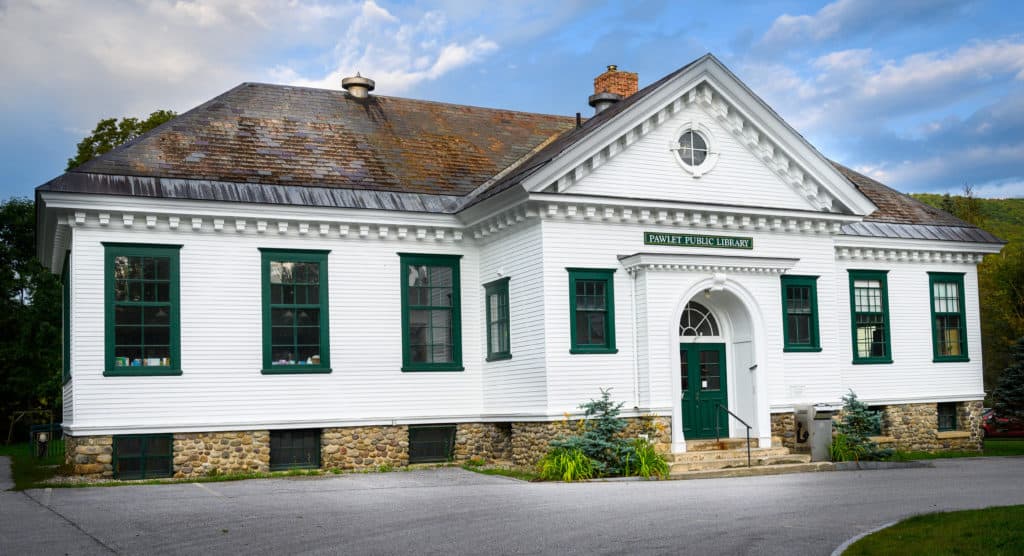
$3,000 grant will help the library work with town and community organizations to build Pawlet Volunteer Network: a service of the Pawlet Public Library
PAWLET—Pawlet Public Library has been selected as one of 200 libraries to participate in Libraries Transforming Communities: Focus on Small and Rural Libraries, an American Library Association (ALA) initiative that helps library workers better serve their small and rural communities.
The competitive award comes with a $3,000 grant that will help the library encourage more community members to volunteer their services for town and community organizations.
“We are so proud to be chosen for this amazing opportunity,” said Library Director Mary Lou Willits. “We learned in our strategic planning community engagement sessions with 13 town and community organizations that the aging and dwindling of volunteers has seriously decreased their capacity to meet their missions, and they are worried about the future of the community. This grant will help our Community Connector, Sara Young, as a grant-funded staff member, devote her time to addressing this issue.”
As part of the grant, Young will host conversations to further explore and document volunteer needs with the leaders of the 13 town and community groups, have them clearly define by job description their volunteer needs, complete a community asset mapping of skills in the community, and publicize succinct volunteer opportunities.
Clearly defining volunteer needs for each organization and reaching out to newcomers and younger community members to encourage them to help the community will take time and expertise that participating organizations cannot afford. “We believe that a strategic approach and ample creative, positive outreach will produce a volunteer network that will benefit the whole community now and in the future,” said Young.
More than 300 libraries applied for the grant, according to ALA. Since 2014, ALA’s Libraries Transforming Communities initiative has re-imagined the role libraries play in supporting communities. Libraries of all types have utilized free dialogue and deliberation training and resources to lead community and campus forums; taken part in anti-violence activities; provided a space for residents to come together and discuss challenging topics; and have led productive conversations with civic leaders, library trustees and staff.




